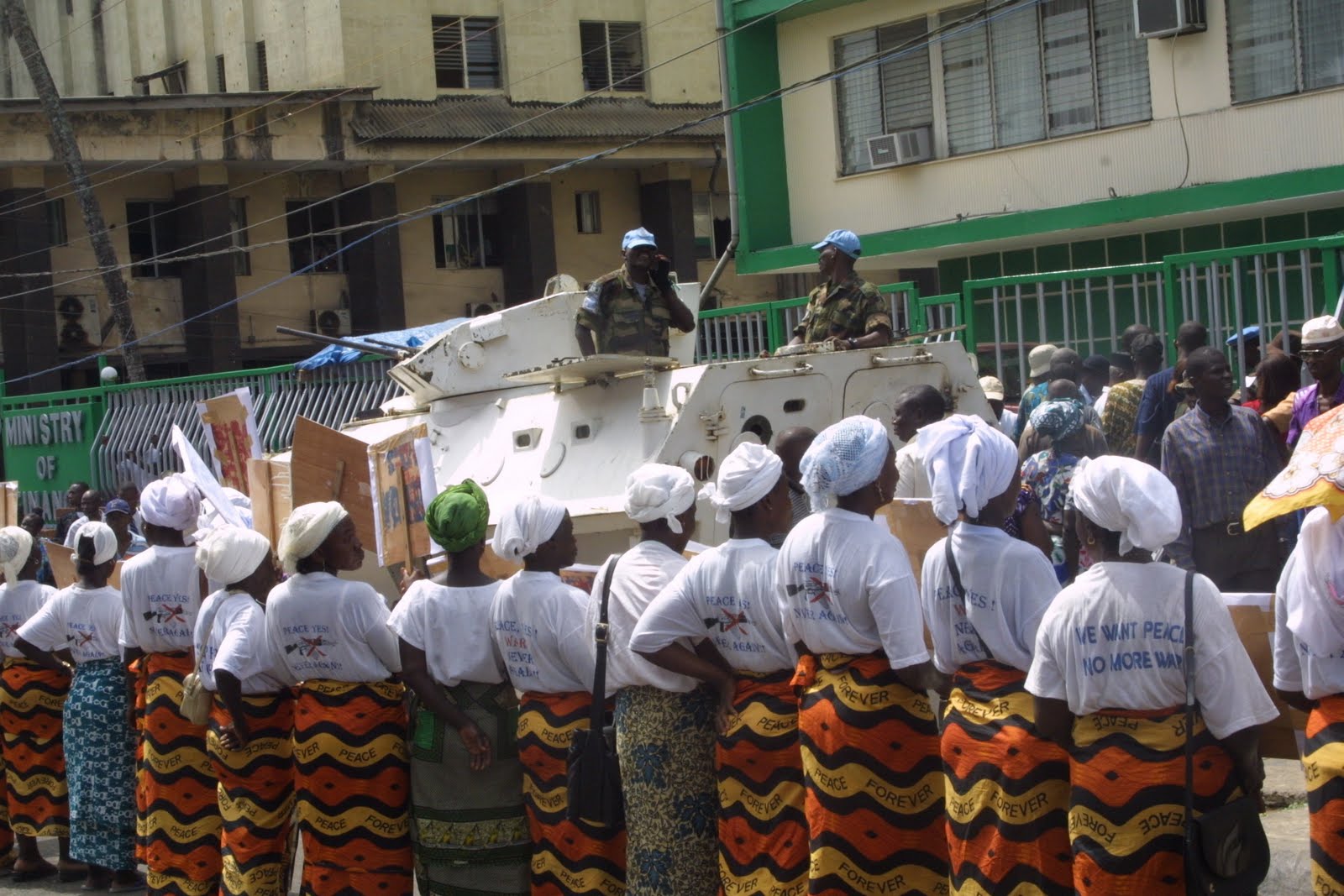CORRUPT political party structures are partly to blame for high level of bribery that denies rights to women wishing to compete in politics.
Executive Secretary of the African Union Advisory Board on Corruption Charity Nchimunya said here over the weekend that some corrupt political party structures create unfair environment for women to enter into decision making bodies in governments and political systems.
Speaking at the African Court on Human and Peoples’ Rights (AfCHPR), Ms Nchimunya said in some countries, corruption has turned into a prerequisite for women seeking seats in parliaments. The theme of the day brought by AfCHPR was ‘Impact of Corruption on Women and Girl-Child Welfare’.

“The minds of young girls aspiring to be great political figures are now stained with this reality of corruption that ends up breeding fear and as a result they lose their interest in political matters…this deprives the young women of the opportunity to excel and lead in the political arena,” she said.
She noted that when corruption creeps in the law enforcement systems, it erodes the protection and advancement of women’s rights, with often violated social, political and economic issues including marriage and divorce, allegations of adultery and rape, child custody, human trafficking, inheritance, property rights and financial independence.
“But, when the judicial system is corrupt, women who are already economically marginalised can hardly afford legal fees or even the demands of compromised lawyers and judges.
In some cases, some even fall prey to sexual extortion and their cases end up being dismissed as they cannot afford to bribe prosecutors,” she charged. Ms Nchimunya said that women are also subjected to corruption when seeking employment or pursuing their own businesses in both the formal and informal sectors.
She claimed that corruption prevents women from starting businesses and becomes a major barrier to income earning or sustaining their businesses. And, as women form a large part of the informal sector in which corruption is more rampant, they are more likely to be under constant pressure to yield to corruption and lose their hard earned revenue, said Ms Nchimunya.
In his remarks, AfCHPR President, Justice Sylvain Ore said that the discussions on corruption issues have gone beyond the cause and effect relation between corruption and under-development.
He said that studies undertaken under the auspices of the African Union have concluded that serious violations of economic and social rights in Africa are attributable to systemic corruption.

